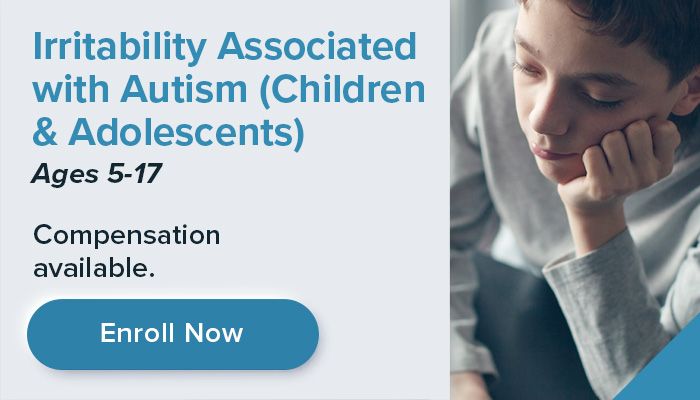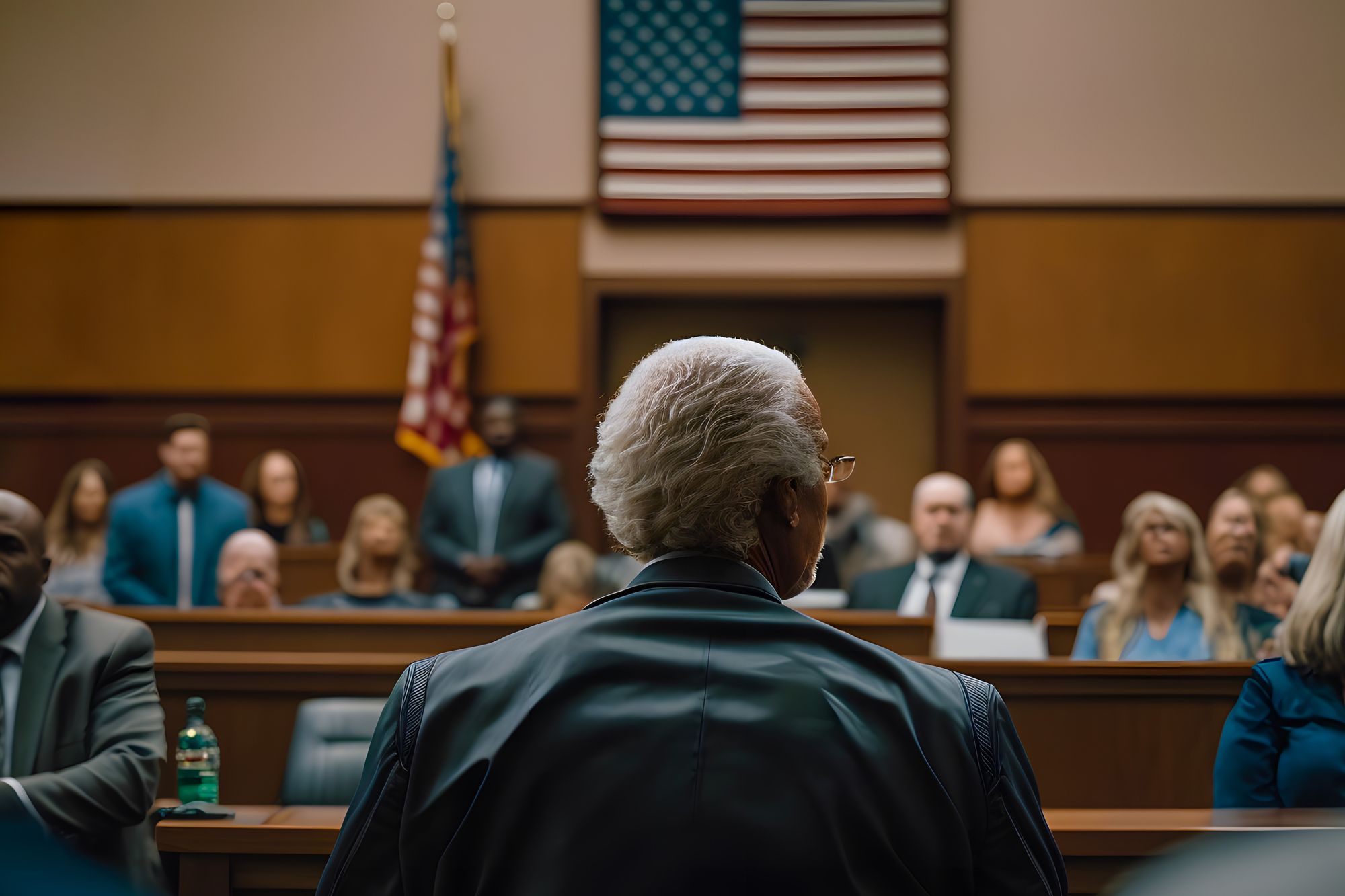Unraveling the FTC Lawsuit Against Amazon: A Deep Dive into Allegations of "Dark Patterns

The Federal Trade Commission (FTC) recently filed a lawsuit against Amazon, claiming the e-commerce giant used "dark patterns" deceptive user-interface designs to trick consumers into unknowingly enrolling in its Prime program. The FTC alleges that Amazon made it difficult for users to purchase items without subscribing to Prime and complicated the cancellation process for those who sought to end their membership. The suit was filed in the U.S. District Court for the Western District of Washington.

The FTC states that Amazon knowingly used manipulative tactics that pushed customers into Prime subscriptions without their explicit consent. The company made it challenging for users to locate the option to purchase items without subscribing to Prime. Additionally, in some cases, the button presented to consumers to complete their transactions did not clearly state that in choosing that option, they also agreed to join Prime for a recurring subscription.

The complaint further alleges that Amazon made the cancellation process complex and confusing. Consumers who attempted to cancel Prime faced multiple steps to achieve cancellation, including navigating through several pages presenting offers to continue the subscription at a discounted rate or turning off the auto-renew feature.

The FTC's lawsuit asserts that Amazon leadership slowed or rejected changes that would've made it easier for users to cancel Prime because those changes would have adversely affected Amazon’s bottom line. Moreover, the complaint notes that Amazon was aware of consumers being nonconsensually enrolled and the complex cancellation process. However, it failed to take any meaningful steps to address the issues until it became aware of the FTC investigation.
The FTC's complaint is based on alleged violations of the FTC Act and the Restore Online Shoppers’ Confidence Act. FTC Chair Lina M. Khan stated, “Amazon tricked and trapped people into recurring subscriptions without their consent, not only frustrating users but also costing them significant money,” and expressed the FTC's commitment to protecting Americans from unfair or deceptive practices in digital markets.

Founded in 2005, Amazon Prime offers customers free two-day shipping, plus music and video streaming and other exclusive perks for $14.99 per month or $139 for the year if paid upfront. As of the time of the lawsuit, there were an estimated 200 million Amazon Prime members worldwide, with 150 million based in the U.S.
Amazon Prime subscription fees contribute about $25 billion to the company’s annual revenue, which was $514 billion in 2022. The lawsuit was filed over two years after the FTC opened its investigation of Amazon’s sign-up and cancellation processes.
In response to the FTC’s claims, Amazon stated they were “false on the facts and the law. We look forward to proving our case in court.”
The investigation and lawsuit against Amazon are part of a broader effort by the FTC to hold Big Tech accountable for policies that critics say prioritize profits over consumer rights. Prior to this case, the FTC had reached a $5.8 million settlement with Amazon over privacy violations and agreed to a separate $25 million settlement over allegations it violated children’s privacy rights.


